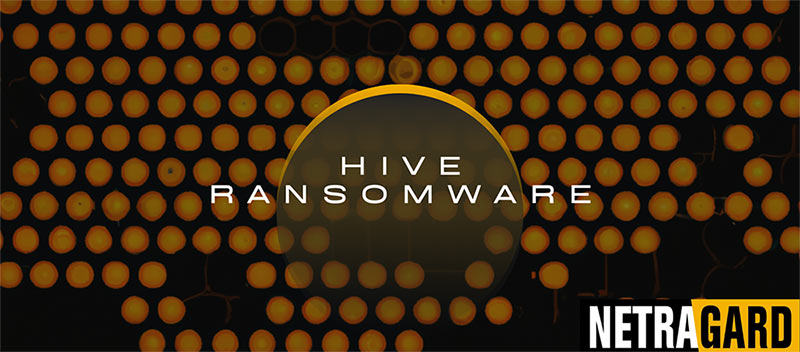What is Hive Ransomware?
Netragard Penetration Testing Company is a cybersecurity company that is dedicated to helping businesses protect themselves against real-world threat actors, including those who use Hive Ransomware. Ransomware is a type of malware that encrypts a victim’s files and demands payment in exchange for their release. It has become a major threat to businesses in recent years, as hackers have increasingly turned to this tactic to extort money from organizations.
Hive Ransomware Group
One group that has been particularly active in carrying out ransomware attacks is known as Hive. This group, which has ties to Russia, has been operating since June 2021 and follows the ransomware-as-a-service model. This means that the group’s developers create, maintain, and update the malware, while affiliates conduct the actual attacks. Hive is known to use a variety of tactics to compromise targeted networks, including spear-phishing emails with malicious attachments and exploiting vulnerabilities in Remote Desktop Protocol (RDP) to move laterally across networks.
Recently, Hive targeted the Lake Charles Memorial Health System in Louisiana, accessing the personal data of nearly 270,000 patients and attempting to encrypt the hospital’s computers. Fortunately, the health system’s own security team was able to detect the hack and prevent any disruption to patient care. However, this incident highlights the significant risk that ransomware poses to healthcare providers, which are often short on cybersecurity resources.
Once it has gained access to a victim’s network, Hive ransomware encrypts files and leaves a ransom note on each affected directory. The note provides instructions on how to purchase the decryption software and threatens to leak the victim’s sensitive data on a dark web website called HiveLeaks. The group has also been known to terminate computer backup and restore, antivirus and antispyware, and file copying to reduce available forensic evidence. It then creates batch files to delete the Hive executable, disc backup copies or snapshots, and the batch files.
If your business is concerned about the threat of Hive ransomware attacks, reach out to the cybersecurity experts at Netragard. We have the knowledge and experience to help you defend against these types of threats and keep your business safe. Contact Us today to learn more about how we can help.






